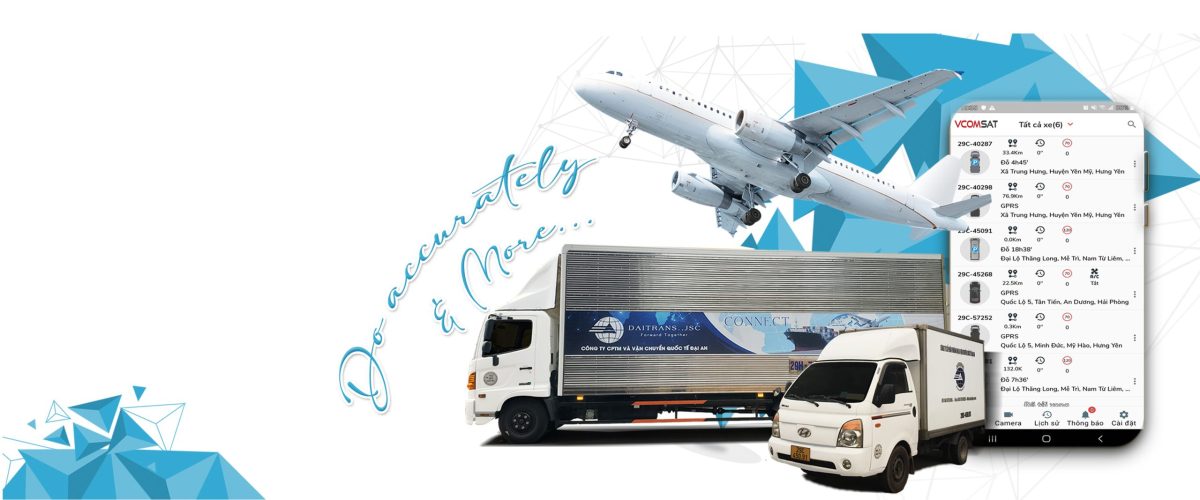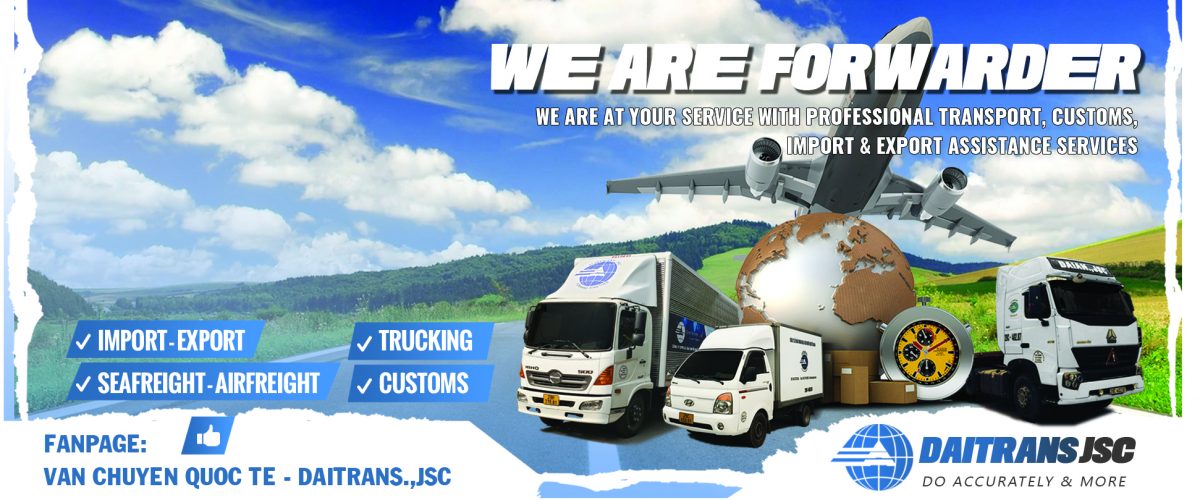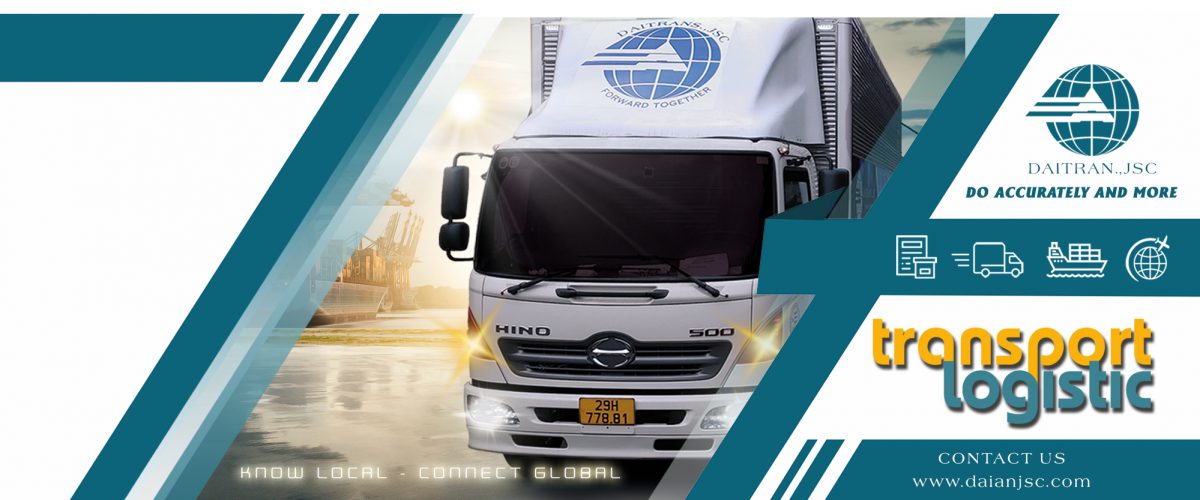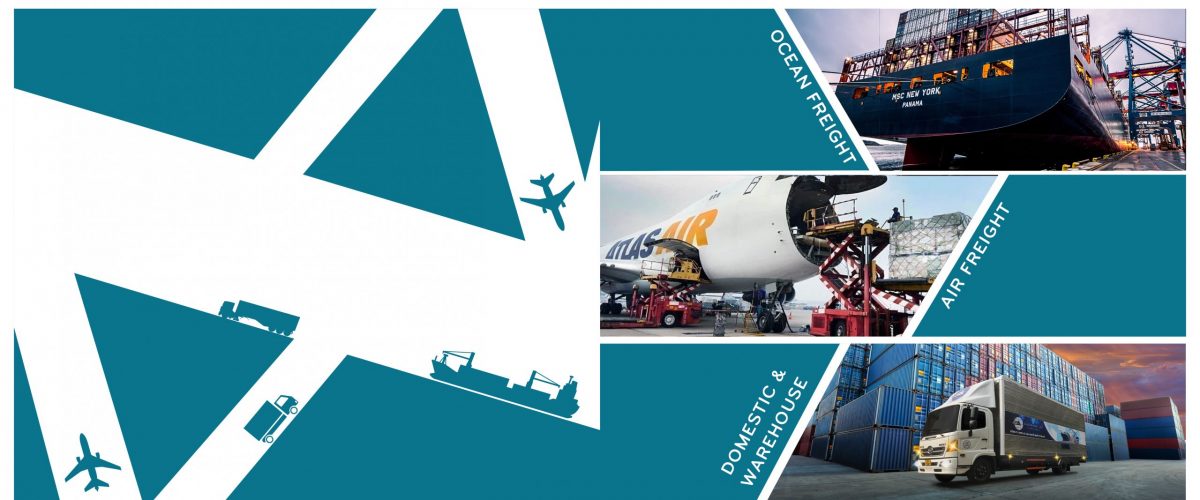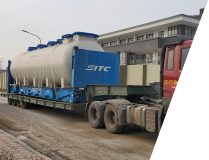
The UN estimates that 90% of the world’s physical goods end up in a shipping container before arriving at their destination. For an industry this well integrated with the global economy, it is yet to be transformed by the efficiencies that digital solutions have brought to other industries. This, however, is changing with technology start-ups, backed by venture capitalists, poised to transform the shipping industry.
Three of the largest container ships ever built have begun operations in 2017 and the number of capesize vessels, the largest commercial ships, has doubled since 2008. The rationale behind this drive for size is increased efficiency and lower costs. In fact, it is now cheaper to hire a 1,100-foot merchant vessel than it is to hire a Ferrari F40 for a day. This drive for efficiency, however, has been largely missing from other areas of the industry.
Experts point to the huge inefficiencies in the shipping industry and their reluctance, so far, to change. “The industry employs millions of people and moves millions of containers, and people transact business in different languages using different types of documents and processes. Yet the industry is still powered by spreadsheets and phone calls. You can imagine the inefficiencies that exist in the system,” says Jeff Wehner, Founder and COO of Haven, Inc., a logistics and supply chain technology start-up.
Wehner is right. FreightHub, a digital freight-forwarding company, estimates that currently it takes an average of 15 emails between a customer and supplier until the current whereabouts of a container are cleared-up or an error in the freight delivery is fixed.
But it is not all gloom and doom. The answer to the key question of reforms in the shipping industry could lie in start-ups.
A change in the winds
Start-ups are recognizing the size of the opportunity in this highly fragmented industry and venture capitalists and institutional investors are lining-up to back them. In fact, last year alone, venture investors backed more than 245 start-ups in shipping and supply-chain management, a record number worth at least USD 4 billion, reports business intelligence firm CB Insights.
And the strongest link to what is leading to this shift is in the power of technology. “Start-ups are looking at freight and products and are providing software platforms for different functions. They are working to plug the inefficiencies in the system,” says Tero Hottinen, Director of Digital Ventures at Wärtsilä. Increased efficiencies in these areas could potentially save companies billions of dollars with improved service levels.
Start-ups and investors have zeroed-in on functional areas such as document management, data flow, communication flow and freight bidding platforms. With an improving understanding of the industry and data-driven predictive capabilities, start-ups are able to provide unprecedented efficiency at an operational level.
“If a freight forwarder has to answer 65 different questions for every transaction, with software, they may have to answer only 20 and the answers to the remaining 45 could be automated,” explains Wehner.
“The industry pulls-in so much data that we can’t help but analyse and use it,” he adds.
The start-up world
There is a growing appreciation within the industry for digitisation and software-based solutions. In a recent survey, 86% of shippers believed digitisation will increase efficiency within the industry.
Some established industry majors are taking a proactive approach to engage with new ideas and innovative start-ups. Wärtsilä, for example, launched the Wärtsilä Marine Mastermind Contest in an effort to scout relevant start-ups.
“Start-ups will impact the revenues of big companies and it’s best for both to collaborate. They each bring their values and abilities to the table,” says Hottinen.
“They are also good at finding the needs of end users, and providing targeted services for them in an agile manner. Big companies can learn from them. We, at Wärtsilä are actively looking for collaborations with start-ups,” he adds.
Innovation cannot be stopped
The shipping industry has proven before that it can adopt new ideas and innovate to become more efficient. The adoption of standardised shipping container in previous decades made shipping more efficient, drove down operational costs, and sent global trade soaring by over 700% in 20 years.
The time for software-driven efficiency has arrived. Companies across the spectrum are innovating and adopting software-driven solutions as a way of life. “When we started a few years ago, we spent time explaining to clients the value of the technology and the products. But now, the discussion is not about technology anymore, but only the value of the product, and that’s a good thing,” says Wehner. Even the very nature of the industry may turn out to be an advantage. “The very fragmentation that has bedevilled the industry will ensure that someone somewhere is always trying to innovate and transform. Innovation cannot be stopped,” concludes Wehner.
The industry is listening.
